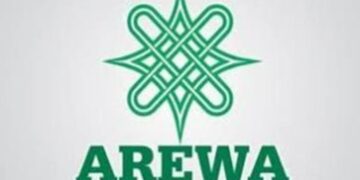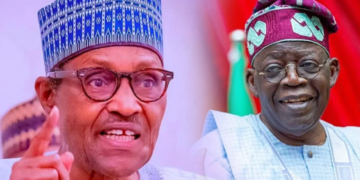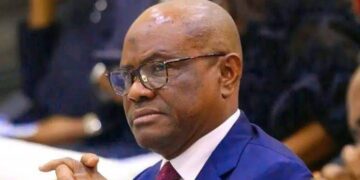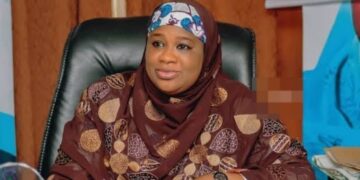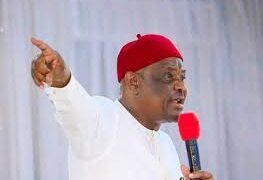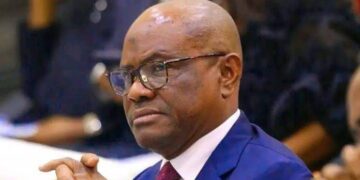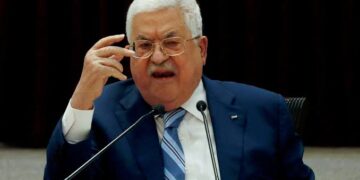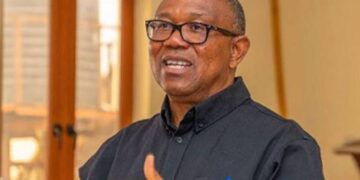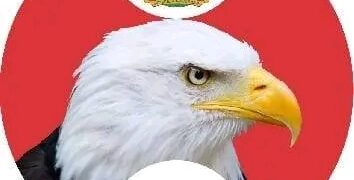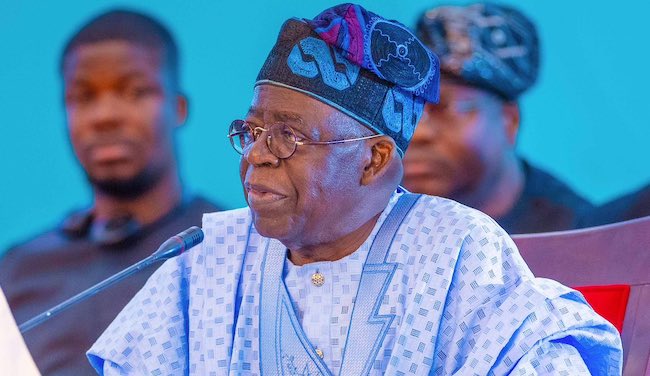The controversia tax reform bills proposed by President Bola Tinubu have passed second reading at the Senate.
The bills which seek to review the sharing formula of the Value Added Tax (VAT) was aimed at accommodating what each state will get for what is consumed within their territory.
Bill also seeks to remove VAT from essential consumption, education, healthcare, transportation and accommodation to benefit low income earners.
The executive bills sponsored by Senate Leader, Opeyemi Bamidele were read for the second time and referred to the Senate Committee of Finance for further legislative action.
The Senate President, Godswill Akpabio, directed the committee members to report back to the Senate within six weeks for consideration.
Mr Akpabio urged the committee to invite the National Economic Council (NEC), Nigerian Governors’ Forum (NGF) and Civil Society Organisations during the public hearing on the bills.
The bills scaled second reading a day after the Chairman of the Presidential Committee on Fiscal Policy and Tax Reforms, Taiwo Oyedele, appeared before the Senate to explain their purpose.
Mr Oyedele had told the lawmakers that the bills aimed to lift the tax burden on 90 per cent of Nigerian workers.
Two months ago, President Tinubu transmitted the four tax bills to the National Assembly for approval. They are the Nigeria Tax Bill 2024, the Tax Administration Bill, the Nigeria Revenue Service Establishment Bill, and the Joint Revenue Board Establishment Bill.
One of the bills seeks to change the sharing formula of the VAT by reducing the federal government’s share from 15 per cent to 10 per cent.
However, the bill includes a caveat that the allocation among states will factor in the derivation principle.
The bills have been criticised by some Nigerians.
The Northern Governors Forum, during a meeting last month, stated that some aspects of the bills, particularly the VAT components, are against the interests of the north.
Consequently, the forum directed the lawmakers from the region in the National Assembly to reject the bills.
Also, the National Economic Council, which comprises the governors and chaired by the Vice President, Kashim Shettima, also urged the president to withdraw the bills from the National Assembly for further consultations but the president insisted that any differences should be resolved in parliament.
Details later…





